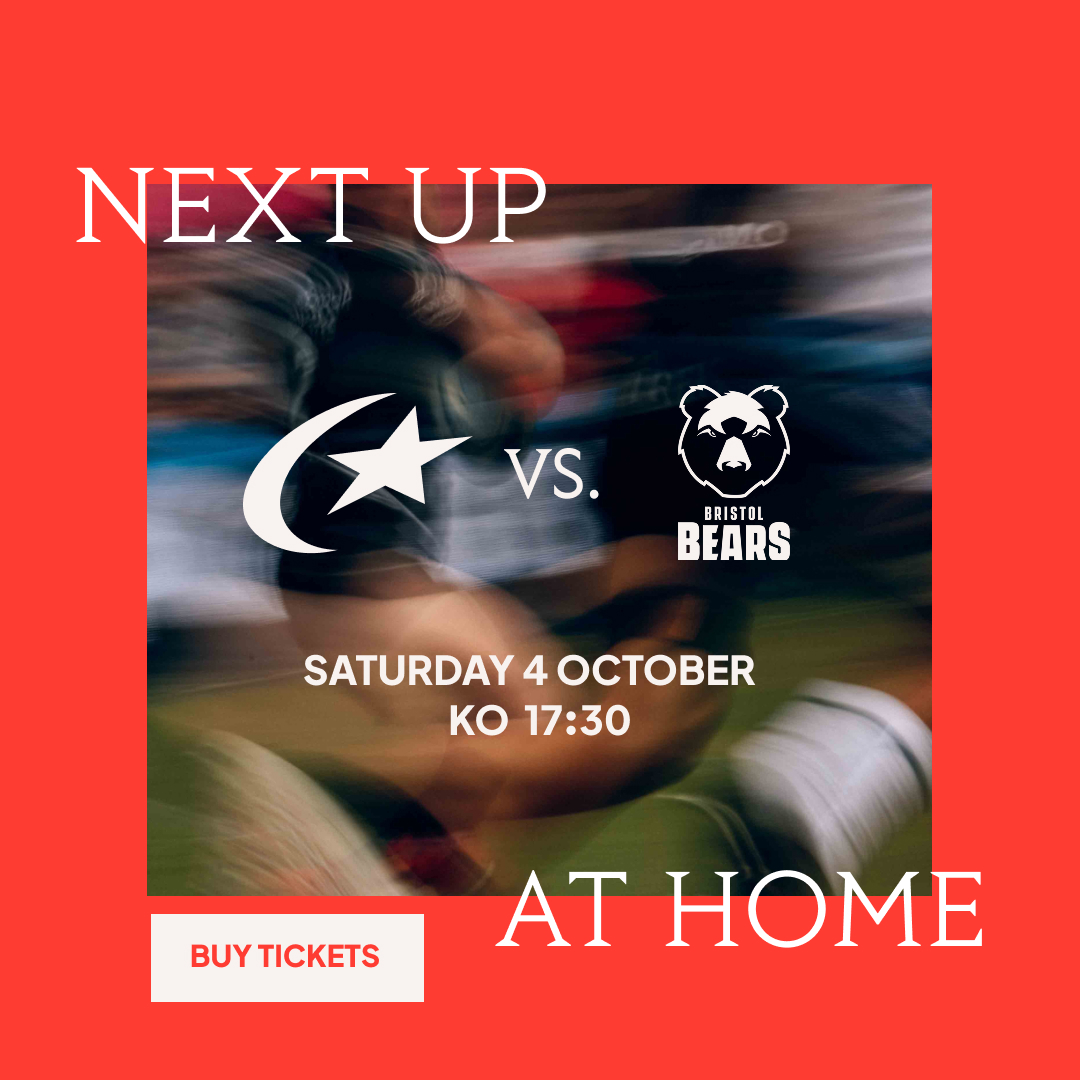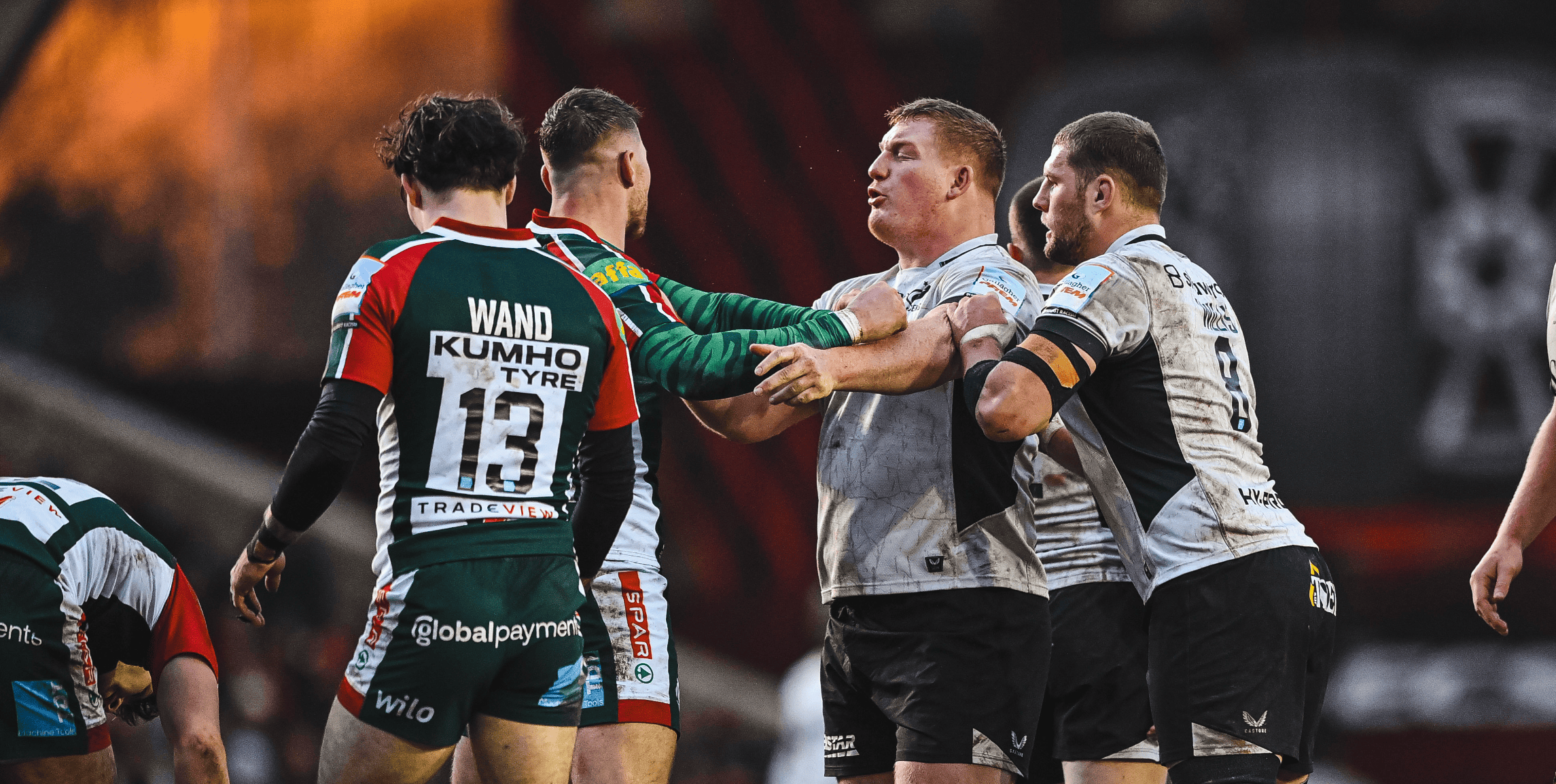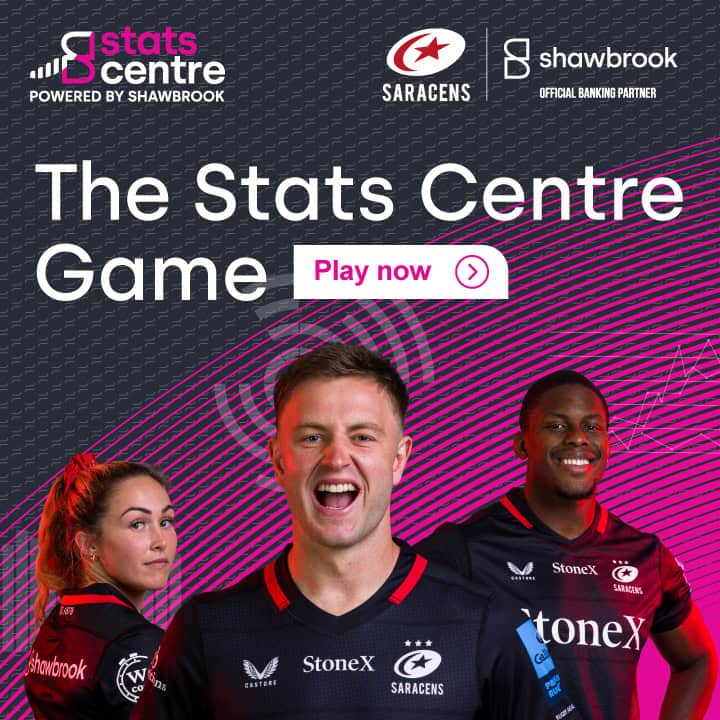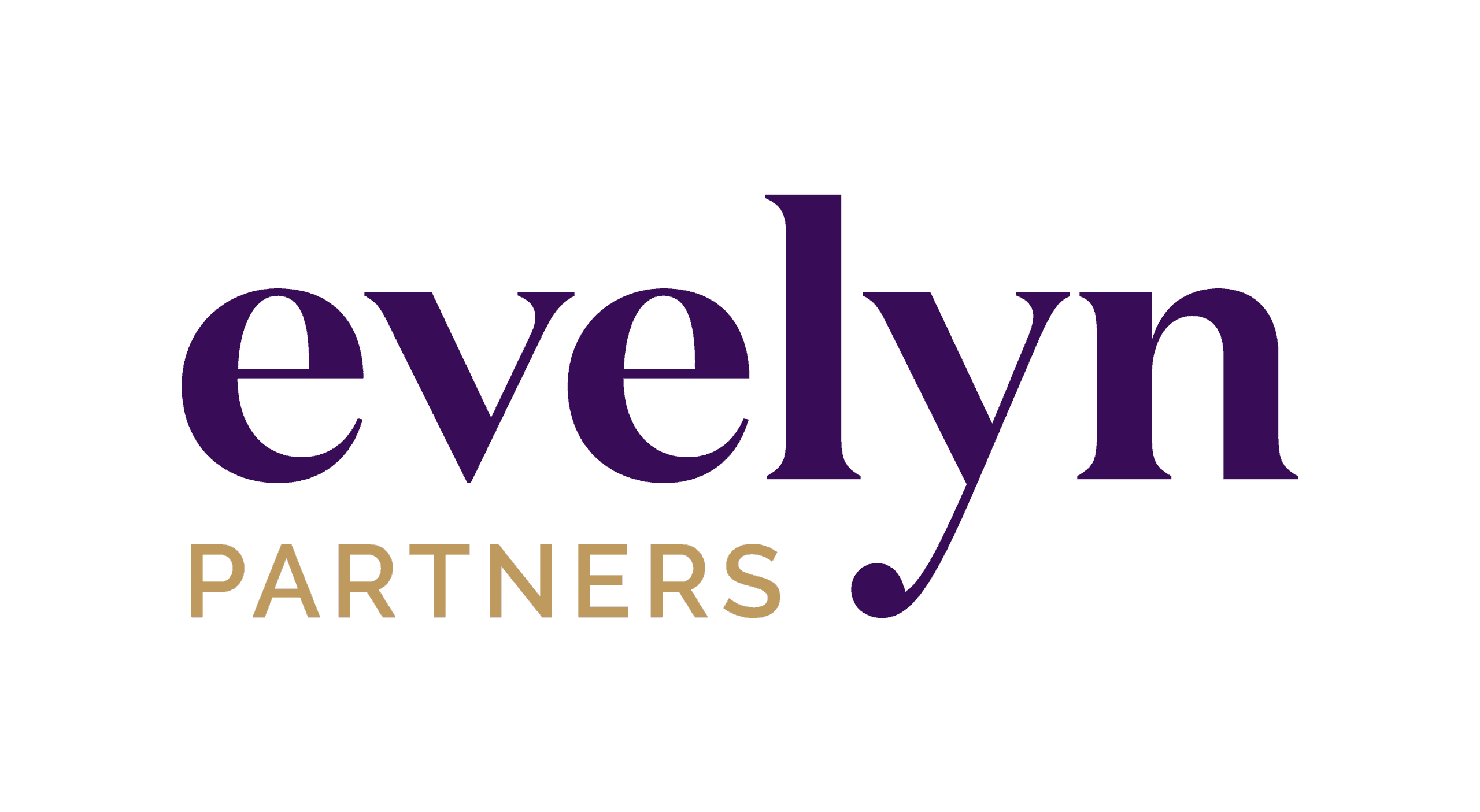Black History Month | Andy Christie's Relationship with Race


Black History Month for me is an opportunity to educate myself better. This month in particular, I’ve looked inwards and looked at myself.
Just because I’m black, it doesn’t mean I know all of black history or that I don’t need to deepen my knowledge. I don’t understand everyone else’s heritage or experiences so I’ve made a conscious effort to do that.
I’ve listened to podcasts and read a few books. ‘The Mixed-Race Experience’ by Natalie and Naomi Evans is a book I’ve read that has resonated with me. ‘Can’t Hurt Me’ by David Goggins and ‘Kill the black one first’ by Michael Fuller are two books I’ve also recently read. Goggins is a black guy who was a former Navy SEAL so he was in the minority while Fuller was the first black to hold the title of Chief Constable in the police force. It was interesting to see where race came in for them. Their journeys were both completely different to anything I’ve been through so it’s interesting to hear their experiences and about the adversity that has come through race in their unique lives.
"People at Saracens are interested in different cultures and different people. The club puts people first and that’s part of it."
I would say I understand my relationship with race. It’s a unique one being mixed race and it’s changed as well. I grew up in a predominately white area in Bristol and went to private school. At times, I was one of three to five back kids in the year group. I was fortunate that I was quite confident and had things like rugby that helped me find my own identity outside of being one of the only black kids.
That changed when I went to Harrow. It’s an extremely diverse school which I found really refreshing. It wasn’t purely the fact that there were more black people but there were Ghanaians and Jamaicans as well as Nigerians and others. It’s quite common to look at a group of black people and assume they’ll listen to a certain type of music or eat certain food but there are many cultural differences and experiences that contribute to black history. I found being closer with different cultures helped me to experience that for myself.
Black History Month is a great start and a great opportunity for people to educate themselves but one of the things about living in a multi-cultural society is that ultimately you want to get to a point where we don’t need just one month because black history is accepted as part of our collective history. That is something that’s really important to me. If we can live in a world where our collective understanding is that all history is our history, then we’re in a much better place. There should be no full stop.
Education is therefore really important. At school I remember asking my teacher what black people were doing in the Second World War. I remember it quite vividly and they didn’t really have an answer for me. It’s easy to think that black history is slavery but it’s so much more than that. Winston Churchill is one of the most talked about figures in British history. He’s heralded in this country for being a hero and with fair reason. He attended Harrow, just like me and he’s heralded there too. But there is another side to his story and once I learned a bit more about his views on race or his colonial policies I realised that he probably wouldn’t have liked me!
Coming to Saracens, I think we’re relatively progressive and fortunate to have people like Maro [Itoje], who is very in touch with his identity. He’s always been a good person for me to have to look up to. I like it because ultimately he’s Nigerian, as are my family, so there’s lots of things that I can see eye-to-eye with him on. His culture is very important to him and it’s a massive thing for me as well. Things such as art, music and food are examples of the level we can relate to each other on.
Your culture and your heritage are part of 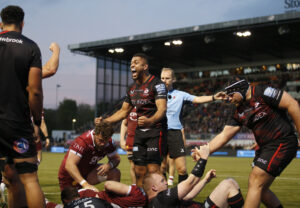 your personality and people here are certainly interested, which is brilliant. That goes for some of our partners too. I recently attended an event hosted by Enstar as part of their Black History Month celebrations and I thought it went really well.
your personality and people here are certainly interested, which is brilliant. That goes for some of our partners too. I recently attended an event hosted by Enstar as part of their Black History Month celebrations and I thought it went really well.
It was refreshing to be invited by a company that is so progressive and is going out of their way to educate their colleagues and employees on black history and individual stories. It was good to be able to look inward and share some of my experiences and thoughts, which you don’t always get an opportunity to do.
I’m aware that as a black rugby player I have a responsibility as a role model. It isn’t something I pay a huge amount of attention to because in my eyes if you’re a good person and you work hard and do the right thing, you inadvertently become a role model. If it’s happening, then it is a positive. When you see someone that is like you on the TV or at a game, it makes you feel like it’s achievable. I thought I could be like Thierry Henry when I was a kid, but I’m not quite there!
That’s why I also think accessibility is so important, particularly in rugby. I lived two minutes away from a rugby club as a kid and went to a private school growing up so it was super easy for me to play the sport. In contrast, there are a lot of less fortunate people in the inner cities who won’t have a rugby club just around the corner. That is a big challenge.
I don’t have all the answers but we need to get the best out of people and give them the best opportunity to play rugby. It’s known as a game for all shapes and sizes and that’s a great slogan but if people can’t access it, then it can’t be a game for everyone. Improving accessibility will benefit the game by raising the level of competition, especially if you have more people playing. I think that’s an important thing that a lot of people have mentioned we need to tackle.


